Samarria Brevard’s mild disposition, humble attitude, and quiet, cool confidence are all part of her laid-back persona. But there’s one thing that gets this California girl rolling: skateboards.
As a 13-year-old, she stepped out of her Riverside home to find her brother on a skateboard. She immediately wanted to try it for herself.
“I got on the board and had a lot of fun and thought, ‘I need to get me one of these,’” Brevard tells GOOD. “So, my mom got me one.”
Brevard has been pursuing her passion ever since, eventually becoming the first black female skateboarder to win the Kimberley Diamond Cup (2014) and the first black female skateboarder to compete in the X Games.
Still, making a career of skateboarding isn’t easy.
Survival in professional skateboarding depends on prize money and sponsorship. In the women’s market, finding mainstream sponsors can be challenging. Mimi Knoop, a professional skateboarder and founder of The Alliance—an association of professional women skateboarders and other action sport athletes—says it is difficult for women to have a sustainable career from skateboarding alone. “There are only a couple women in the world being paid by endorsers and there are only a handful of events each year at which they can earn real money to survive,” she says.
Knoop names Leticia Bufoni (Nike), Lizzie Armanto (Vans), and Nora Vasconcellos as the only female skateboarders in the world currently sponsored head to toe by major brands. There also is a difference in prize money in the women’s market, according to Knoop, who says the women’s purse “is only a fraction of the men’s” at most events.
It’s an issue skateboarders like Brevard face constantly.
“I’m not sure what it’s going to take to make us swing more in that direction (of equal pay and opportunity),” Brevard says. “I know what’s going to help is skateboarding is part of the Olympics now.”
With the recent announcement about skateboarding being added to the 2020 Summer Games in Tokyo, the gap between the lack of sponsorship in the women’s division versus the men’s could diminish, as the exposure the games will provide could cajole more brands and sponsors to support the women’s component of the sport.
Purse equity already has been achieved at X Games, largely thanks to the work Knoop and The Alliance have done. Still, “the competitor count is always a bit lower on the women's side,” Knoop says. It’s even rarer to find women like Brevard at top levels of the sport. “Regarding minority descent,” Knoop says, “Samarria is one of the only African-American women competing at a pro level.”
Brevard is among the athletes to be featured in an upcoming all-female skateboarding film, “Quit Your Day Job,” set for DVD and digital release in December. GOOD speaks to Brevard about the challenges of being a black female skateboarder.
When did you realize you wanted to pursue a career in skateboarding? Was there an aha moment?
No, it was more like it started happening and that’s when I was like, ‘OK, I’m going to try this out.’ I can’t exactly pinpoint when that happened, but definitely when I started to get more sponsors then that’s when I was like, ‘Alright, this is what I want to do.’
What was the first trick you landed?
For sure an ollie.
Kickflips and ollies are the fundamentals of skateboarding. What’s been an achievement that you’re most proud of to date?
Turning pro. The biggest achievement to me was getting my name on the board.
Yeah, that is major. From what I’ve read, Mimi Knoop named you as the “Serena Williams of skateboarding”—which is a big compliment. I’m sure you don’t get sick of hearing that. How does that make you feel?
Definitely like it’s supposed to be in the ranks of Serena Williams (laughs). It’s pretty cool. I don’t really know how I feel about it completely. I think it’s cool, but at the same time I’m like, ‘Serena Williams? Am I that good?’ I don’t know if I can be ranked up there like that.
Well, that’s a humble thing to say.
(Laughs) Thanks.
Growing up for me, being a black female skateboarder, I always felt a bit like a unicorn—different. Did you face any challenges in that respect when you were growing up and now as well?
I feel like I was pretty much friends with everyone. I never felt out of place. Everyone pretty much made me feel like I was supposed to be there. I didn’t really think of the whole idea of being a black skater chick until I did X Games for the first time and this lady was telling me how I was the first black female to be in it. I never thought of it in that sense until someone pointed it out. I guess I had a different kind of experience coming up with skateboarding.
That’s cool. I do feel like the skateboarding community as a whole is fairly accepting and not necessarily something that’s discriminatory, but I’m not in it—I observe. What helps you to not be intimidated by other skateboarders, particularly guys since it’s such a male-dominated sport?
I’ve always had fun doing (skateboarding). Just the pure fun is what I like. I just want to learn what they’re learning. I want to be as good, if not better, than what they’re doing, you know? I want to learn new tricks from anything else.
Do you plan to compete in the Olympics 2020?
If I got asked to, invited to do it, I think it would be pretty hard to say ‘no’ unless I was not skating at all at that point.
I could see you being in the Olympics.
Thanks! That would be crazy.
So, what would you say is the best and worst thing about skateboarding?
[quote position="right" is_quote="true"]I didn’t really think of the whole idea of being a black skater chick until I did X Games for the first time and this lady was telling me how I was the first black female to be in it.[/quote]
The best thing is all the friends you make. I’ve gone to so many places now and have met so many people. It’s crazy that I’ve made friends wherever I went. So, I’d say that would be the best thing. It’s very easy to make friends and feel like you fit in there. That’s just my own experience. You go to different cities, make new friends, and all of a sudden they’re taking you over into their city and you get to know them. It’s turned out pretty cool for the most part.
The worst thing about skateboarding? I guess the worst thing would be getting hurt and saying you can’t skate.
That makes sense.
You have to take time off and you’re wanting to get back on your board!
What advice would you give female skateboarders that may feel like misfits in their hometowns?
Embrace the fact that you’re a misfit. Embrace the fact that you’re different from everyone else and stay true to that. Let that be your confidence. Instead of looking at it as a negative thing—of not fitting in—look at it more as ‘I’m different. I stand out.’ So, that would probably be my best advice. Do whatever you want to do in this world.
Those are wise words from a barely 23-year-old. You just celebrated your birthday. With that being said, what’s one piece of wisdom that you’ve received that you plan on applying to the rest of your life?
To just never give up and always look for the new experience to see what’s next. You have to go through a lot of experiences to see what’s your true (calling).
Just from you competing in the X Games and placing first in the Kimberley Diamond Cup, you’ve definitely built up a lot of experience for yourself. So, what’s something you look forward to in the future?
I’m hoping to branch out from skating in the future for sure and use skating as a platform to get into other things and other interests of mine. That’s one of the main things I hope for the future.
What are some of those interests?
I’m into music. I’ve been messing around with poetry and stuff like that. I’m hoping to do a business that I can start up in my community, like a skate school. Those are two of the main things that I hope to accomplish in the future.


















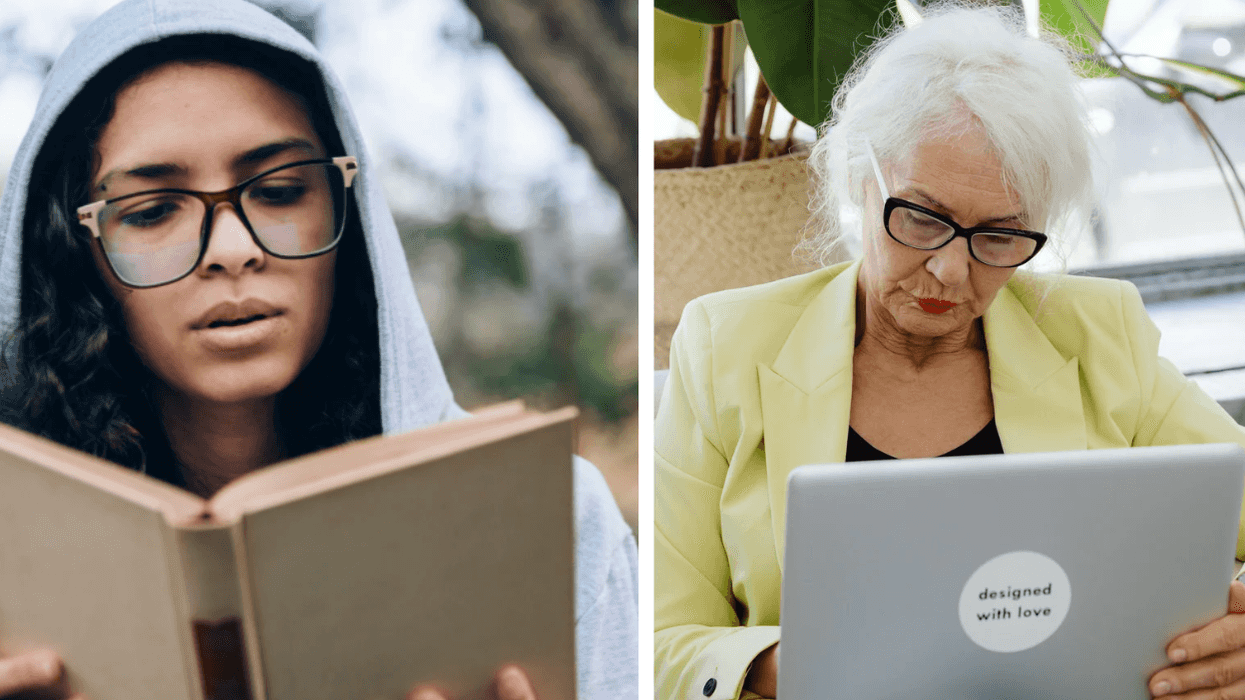

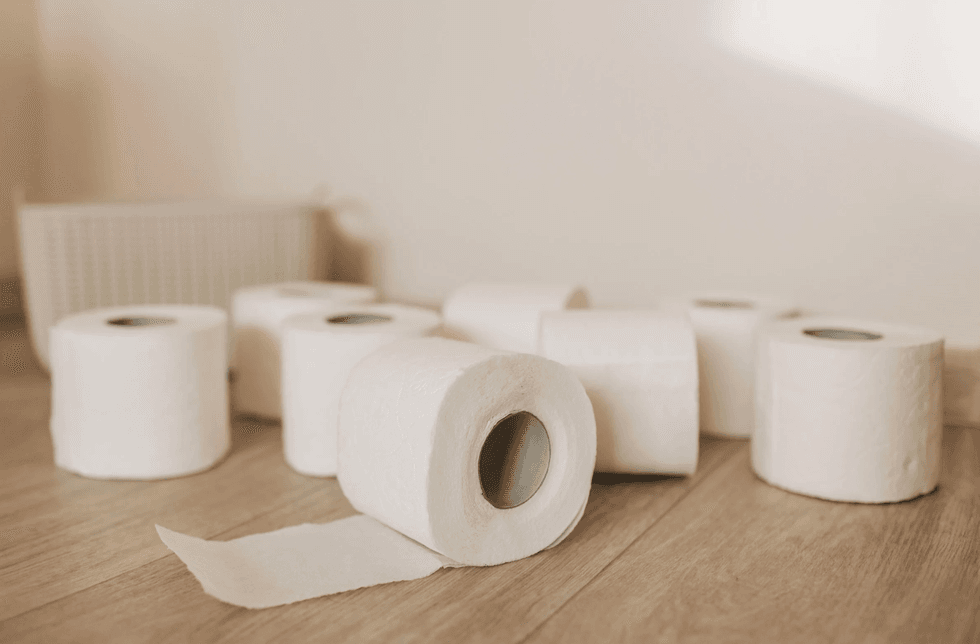 A collection of toilet paper rollsCanva
A collection of toilet paper rollsCanva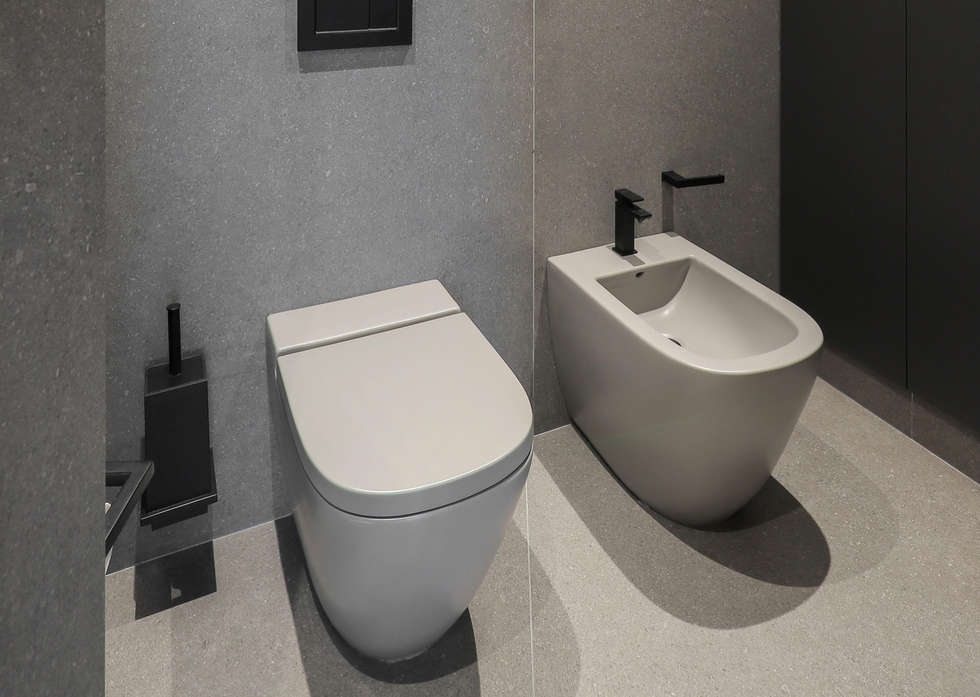 A bidet next to a toiletCanva
A bidet next to a toiletCanva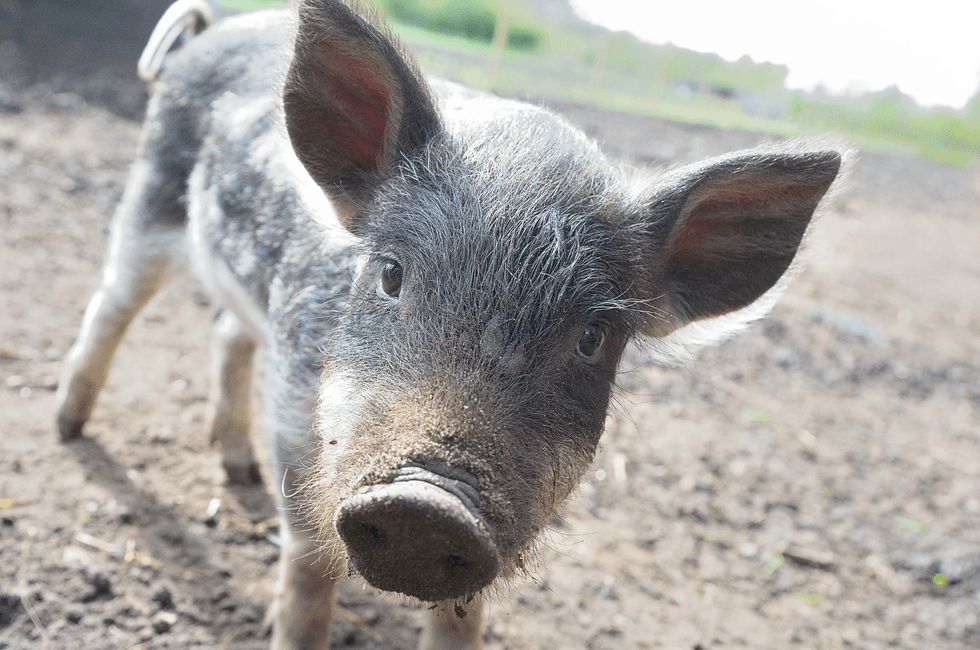 A cute pig looks at the cameraCanva
A cute pig looks at the cameraCanva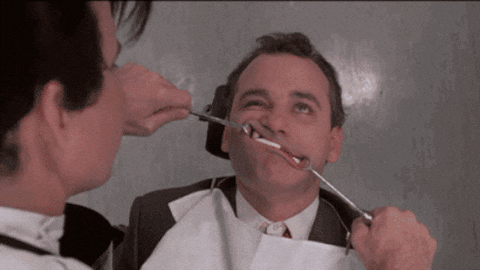 A gif of Bill Murray at the dentist via
A gif of Bill Murray at the dentist via 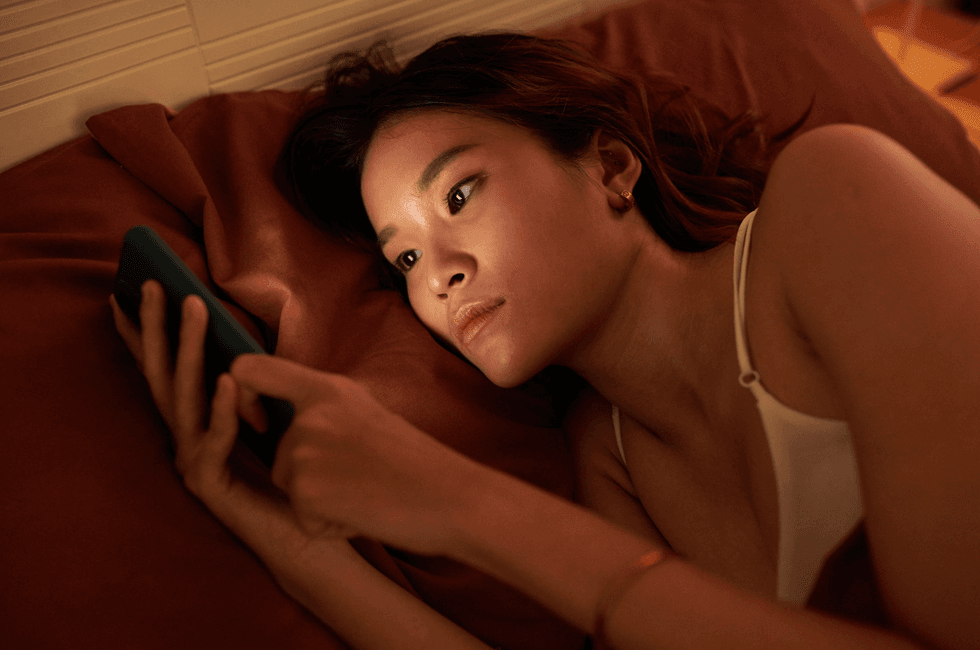 A woman scrolls on her phoneCanva
A woman scrolls on her phoneCanva
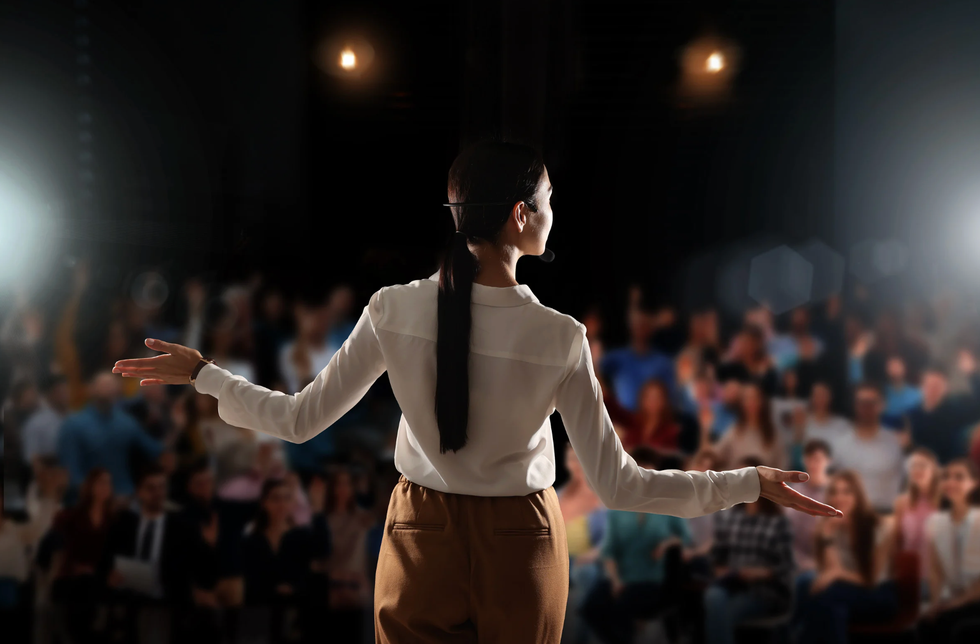 A confident woman gives a speech in front of a large crowdCanva
A confident woman gives a speech in front of a large crowdCanva
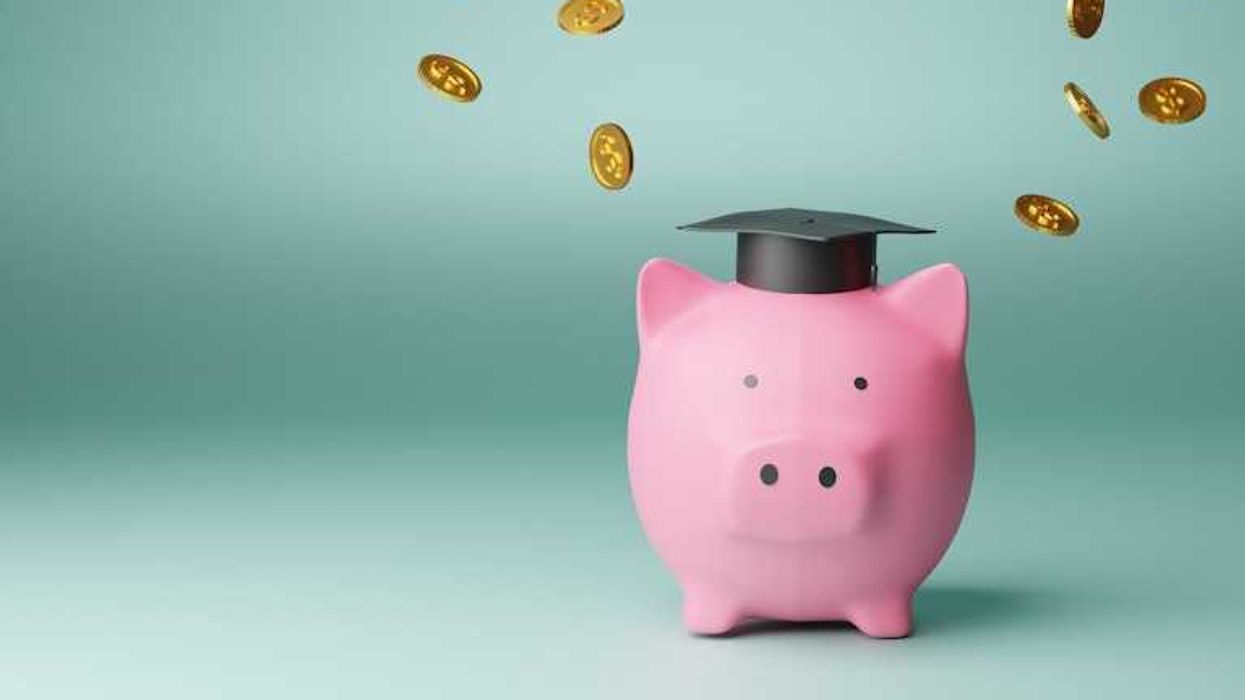
 Creativity and innovation are both likely to become increasingly important for young people entering the workplace, especially as AI continues to grow.
Creativity and innovation are both likely to become increasingly important for young people entering the workplace, especially as AI continues to grow.